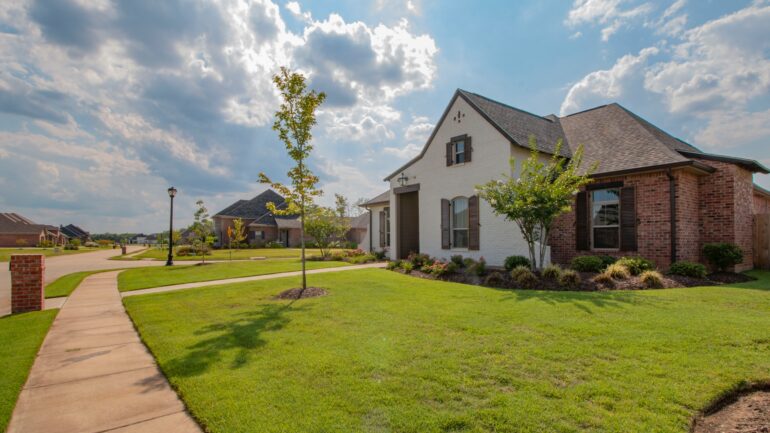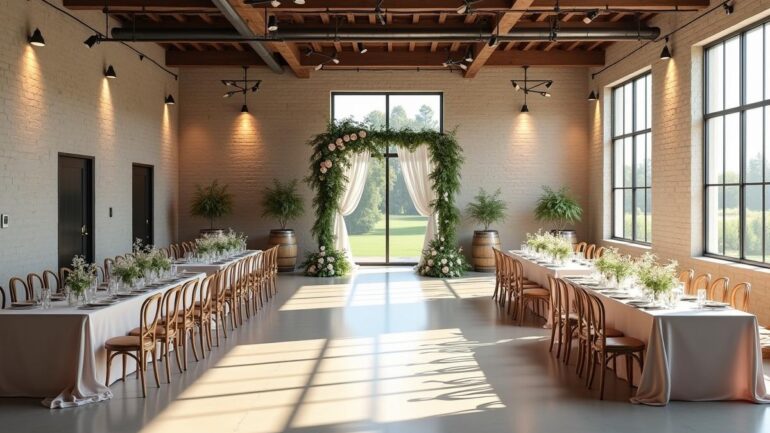If you’re looking to buy your first home, it can be daunting. Many steps exist, from getting approved for a mortgage to negotiating your offer!
To help you get started, we put together The Ultimate Guide to Buying a Single-Family Home. The book has everything you need to start your home search, from determining your budget to finding a good real estate agent.
Know Your Budget
Buying a home can be a considerable investment. Knowing your budget is essential before you begin the home-buying process.
A budget is a set of guidelines to plan how much money you can spend each month on various items, such as rent or mortgage payments, car loans, savings, and other expenses. It helps you stay on track so you don’t go into debt.
It can also help you save for a down payment and emergency funds. Closing costs, moving, and furnishing new rooms can add up quickly, so keeping enough for these expenses is crucial.
Most people consider the cost of owning a home the mortgage and property taxes, but there are many other expenses to consider as well. These can include utilities, insurance, maintenance, and additional costs associated with homeownership. Generally, families should limit their housing expenses to no more than their monthly income. This can be a good starting point, but it is not an exact science and will vary from family to family.
Get Pre-Approved for a Mortgage
Getting pre-approved for a mortgage can make your search for a single family homes for sale in Katy, Texas, much more efficient. It gives you an idea of what your lender will let you borrow, a price range to shop in, and helps you avoid overpaying for a home you don’t need or want.
It also lets sellers know you’re serious about purchasing a home and may have more leverage in a competitive real estate market. Getting pre-approved at least a year before shopping for a home is always best.
Another benefit of getting pre-approved early is that it can help you spot errors on your loan application. One-third of mortgage applications contain errors that can negatively impact your credit score and ability to qualify for a mortgage.
A pre-approval can also help you negotiate a lower purchase price on a home since it shows the seller that you’re serious about buying a home. In hot real estate markets, having a pre-approval letter can even make you a stronger contender for the home than other buyers who didn’t take the time to get approved in the first place.
Start Your Search
Buying a new home can be stressful and confusing. Consider many things, from setting a budget to researching different neighborhoods and finding an agent.
However, starting your search early can make finding a property that fits your needs more leisurely. For example, knowing what home style you want, such as modern or ranch, can narrow your options and save you time when looking for properties online.
One of the first things you should do is figure out your ideal neighborhood. Look up crime statistics, school districts, and other information to understand what the area offers.
Once you understand the neighborhood well, it’s time to start your search. It’s essential to begin your search early to find the right home at the best price.
Single-family homes can be a great investment choice. They have plenty of space and privacy and are often more affordable than condos or townhouses.
Schedule a Home Inspection
Home inspectors are essential to home buying, minimizing unanticipated surprises. They report on safety issues and problems that might cost you money in the long run.
They typically produce huge reports in big binders that can help you decide whether to proceed with the sale, renegotiate the price, request repairs, or back out of the deal altogether.
The duration of a home inspection depends on the size and age of the house, as well as how thorough the inspector is. A larger home with multiple HVAC systems, rooftop solar panels, or complicated electrical work requires more time and effort from the inspector than a simple 3-bedroom family home.
It’s a good idea to schedule a home inspection as early as possible. A reputable inspector should be able to spot potential problems before they get out of hand, alleviating costs and aggravation later on.
Make an Offer
Buying a single-family home isn’t a simple process, but it can be a rewarding investment with the proper guidance and some legwork. There are many different types of homes on the market, and choosing one that fits your lifestyle and budget is essential.
Aside from being cheaper than multi-family buildings, single-family homes offer several other benefits. For example, they provide much more privacy than apartment or condo options.
They also allow you to quickly expand if you have additional bedrooms or activity rooms in mind for your future family. Additionally, they tend to have more storage space than condos and townhomes.
However, it’s important to note that condos and townhomes often don’t have community amenities like a pool or gym. These amenities can be costly to install and maintain, so shop for a property that meets your needs.
After identifying a single-family home that meets your criteria, it’s time to make an offer. This is a challenging process, so working with a real estate agent who knows your local market is best.





